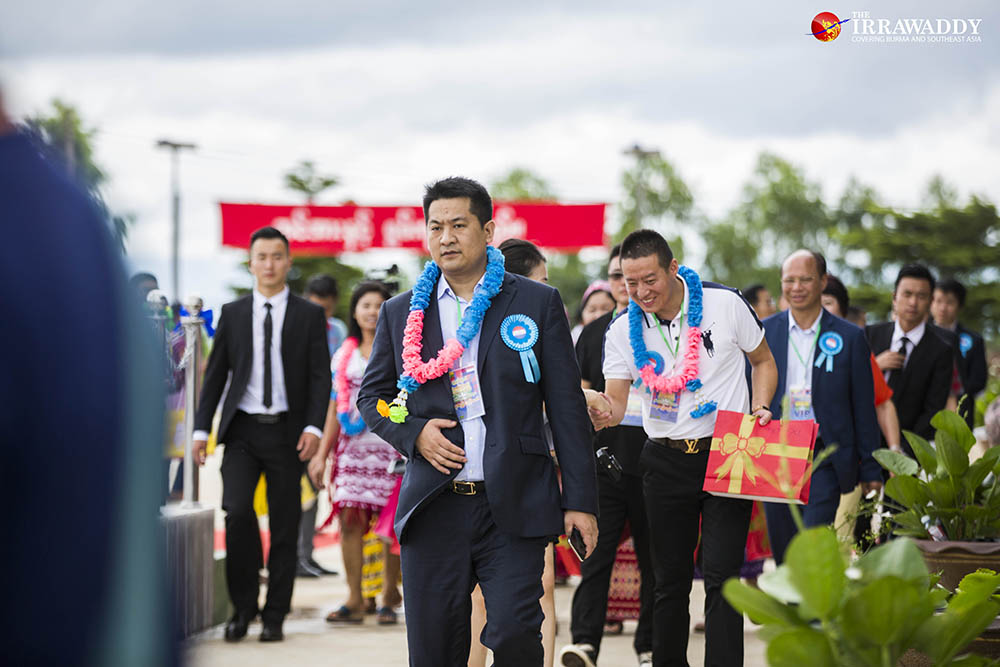She Lunkai, who also goes by She Zhijiang, Dylan She and Tang Kriang Kai, has been wanted for 10 years but was recently arrested! She is chairman of Yatai International Holdings Group, which has made gaming investments in Cambodia, the Philippines and Myanmar.
Chinese and other media reports say the 40-year-old has been on the run from Chinese authorities since 2012. He has had controversial mega projects and gaming ventures in Cambodia and at Shwe Kokko in Myanmar’s Karen state, as well as a lottery venture in the Philippines.
Investments by She Zhijiang, who was arrested in Thailand, transformed a remote part of Myanmar into an enclave for cyberscammers and more.

www.wsj.com
Thailand Arrests Chinese Fugitive & Chairman of Yatai International She Zhijiang, Holds Cambodian Passport & Alleged to Run Illegal Gambling Operations and $15 Billion Casino Complex in Myanmar 19th August 2022 | Singapore Thailand police force has arrested Chinese fugitive & Chairman of Yatai...

www.caproasia.com
She Zhijiang, the chairman of Yatai International Holdings Group, which has made gaming investments in Cambodia, the Philippines and Myanmar, is accused of running illegal online gambling operations and will be extradited to China.

www.scmp.com
Chinese businessman She Zhijiang is wanted in China and was arrested by Thai police last week; his gambling ‘new city’ in Karen State is highly controversial.

www.irrawaddy.com
Thai police made one of the highest-profile arrests in years of a Chinese casino kingpin when they found She Zhijiang eating dinner at a Japanese restaurant on the outskirts of Bangkok last month.
Authorities say Mr. She, who has been sought for nearly a decade on an international arrest warrant, is behind an illicit gambling empire. He set up operations in the Philippines and Cambodia before turning his attention to a corner of conflict-torn Myanmar that is controlled by a warlord and largely out of reach of government authorities, according to Thai police, human-rights groups and promotional materials for the projects.
He courted the warlord and potential investors with plans for an ambitious urban development project called Yatai New City, showcasing a large casino, luxury hotels and shopping malls, the promotional materials show. What he built over the past five years has drawn the focus of law enforcement and human-rights groups, who say it has become Southeast Asia’s newest haven for crime.
The sprawl of buildings that now stands atop the town of Shwe Kokko on the border with Thailand is suspected of being used for all manner of illegal activity, from online casinos and cyber scams to human trafficking, according to Thai police and human-rights groups. And since Mr. She began building, they say, more such enclaves have sprung up nearby, run by fugitive tycoons and gangsters fleeing crackdowns on crime in Cambodia and elsewhere.
Illicit casino hubs have flourished in the region for decades, catering mostly to customers from China, where gambling is illegal. Purpose-built sin cities in Myanmar, Laos, the Philippines and Cambodia have long been hubs for organized crime. Thailand’s arrest of Mr. She, the biggest swipe so far at the fugitives’ alleged new hideout, was based on a tip from Chinese law enforcement, said Maj. Gen. Kemarin Hassiri, commander for foreign affairs for the Royal Thai Police and the head of Interpol’s National Central Bureau in Thailand.
Mr. She is being held in a Bangkok prison and is expected to be extradited to China before the end of the year, said Maj. Gen. Kemarin. His arrest was just the start, said Maj. Gen. Kemarin.
“She Zhijiang is a dolphin, but there are whales out there,” he said. “Even bigger fish are waiting to be caught.”
Mr. She’s companies in Hong Kong and Myanmar didn’t respond to requests for comment.
Early plans for what was branded as Yatai New City included a nature park, golf course and scientific innovation centers, according to promotional materials. Open-source satellite imagery of the place shows that before 2016, it was a small town with few buildings that appear mainly to be modest residences. In the years since, large structures have been erected corresponding to the size and location of some seen in the project’s promotional materials, including the flagship casino complex. Two researchers working for nonprofits who recently visited the area described it as a shoddy assortment of heavily guarded commercial and residential compounds.
Projects like these are known in the region as “Spinach Cities,” because in Mandarin Chinese, the word for spinach sounds similar to the word for gambling.
According to the U.S. Institute of Peace, or USIP, an independent research organization founded by the U.S. Congress that specializes in conflict mitigation, another major development is under way in the outskirts of the nearby town of Myawaddy, backed by Wan Kuok-koi. Known as “Broken Tooth,” he served 14 years in a Macau prison for gang-related crimes and was released in 2012.
Basically this is an area that is beyond the reach of law enforcement, a space that is explicitly designed to be enabling for criminal actors to engage in a full range of illicit activities,” said Jason Tower, the Myanmar country director for USIP. The organization has published detailed original research on these enclaves, their impact on Myanmar’s conflict dynamics and their links to transnational criminal networks.
Southeastern Myanmar is just the latest hot spot for Chinese gambling operations in the region. They first flourished in remote towns along China’s southwestern border in the early 2000s. As more Chinese citizens gained access to the internet, online casinos emerged farther afield in places such as the Philippines.
A crackdown by Philippine authorities around 2016 led operators to flee en masse, many setting up shop in Sihanoukville, a seaside town in Cambodia that was fast becoming a regional tourist destination.
The city transformed quickly. Gang-related violence and scams grew, such as fake online casinos luring customers to make large deposits before their operators shut down and absconded with the money. In 2019, the Cambodian and Chinese governments launched a joint law-enforcement effort to rein in crime in the area and Cambodia outlawed online gambling. Some casino operators in
Sihanoukville fled again, this time to Myanmar’s so-called Spinach Cities, according to USIP.
Shwe Kokko proved an ideal new base of operations. The town is located in Myanmar’s Karen state, a region racked by conflict between the military and ethnic minority rebels for more than six decades. Shwe Kokko lies in an area controlled by a militia, formed from a breakaway faction of the rebel army that was granted autonomous authority over the territory in exchange for allegiance to the Myanmar military.
Mr. She was one of the early movers.
A Chinese national, he also holds a Cambodian passport and goes by at least three other names: She Lunkai, Dylan She and Tang Kriang Kai, based on official documents in Cambodia and Myanmar and promotional materials for his projects. He has been on the run from Chinese authorities for about a decade. Chinese authorities have in the past accused Mr. She of setting up illegal lottery operations in the Philippines, and in 2014 sentenced eight of his alleged accomplices to jail, according to court documents from that case. It couldn’t be determined what charges Chinese authorities are pursuing in seeking Mr. She’s extradition.
Maj. Gen. Kemarin, of Thailand’s Interpol bureau, said Mr. She avoided detection by crossing Thai borders illegally so that immigration officials had no record of his entry.
According to USIP, Mr. She traveled to Shwe Kokko in 2017 and struck a deal with militia leader Chit Thu to develop a new city.
The militia leader may have given Mr. She carte blanche, but the central government didn’t. Documents from Myanmar’s national investment commission show that a local subsidiary of his Hong Kong-registered development firm, Yatai International Holding Group, was registered and permitted to build luxury villas on 25.5 acres of land in Shwe Kokko in 2017. By then, Yatai had already begun advertising a much larger development, and historical satellite imagery on Google Earth shows construction far exceeding what was approved. In 2019, Myanmar’s then-civilian government announced an investigation into its expansion.
Local nonprofits say that by then much of it had already been built, but the scrutiny slowed further expansion and the coronavirus pandemic prevented Chinese customers from flocking to the site. In February last year, Myanmar’s military overthrew the elected government, causing even more uncertainty. The coup triggered new conflicts between the military and insurgent groups, and exacerbated existing ones.
Thai investigators say they now suspect the city’s existing structures were repurposed as operational hubs for cybercriminals. Maj. Gen. Kemarin said a special unit is investigating allegations that human-trafficking networks have ensnared job-seeking migrants from Kenya, Taiwan and elsewhere, luring them to Thailand with fake employment ads and smuggling them into Shwe Kokko and similar hubs where they are forced to work in prisonlike compounds scamming internet users across the globe.
Mr. Tower, of USIP, said Mr. She’s arrest may send a slight chilling signal to other crime bosses in the area. “That’s probably going to shake things up a bit,” he said. But given political instability in Myanmar, “this type of activity isn’t likely to stop,” he said.
Chun Han Wong contributed to this article.
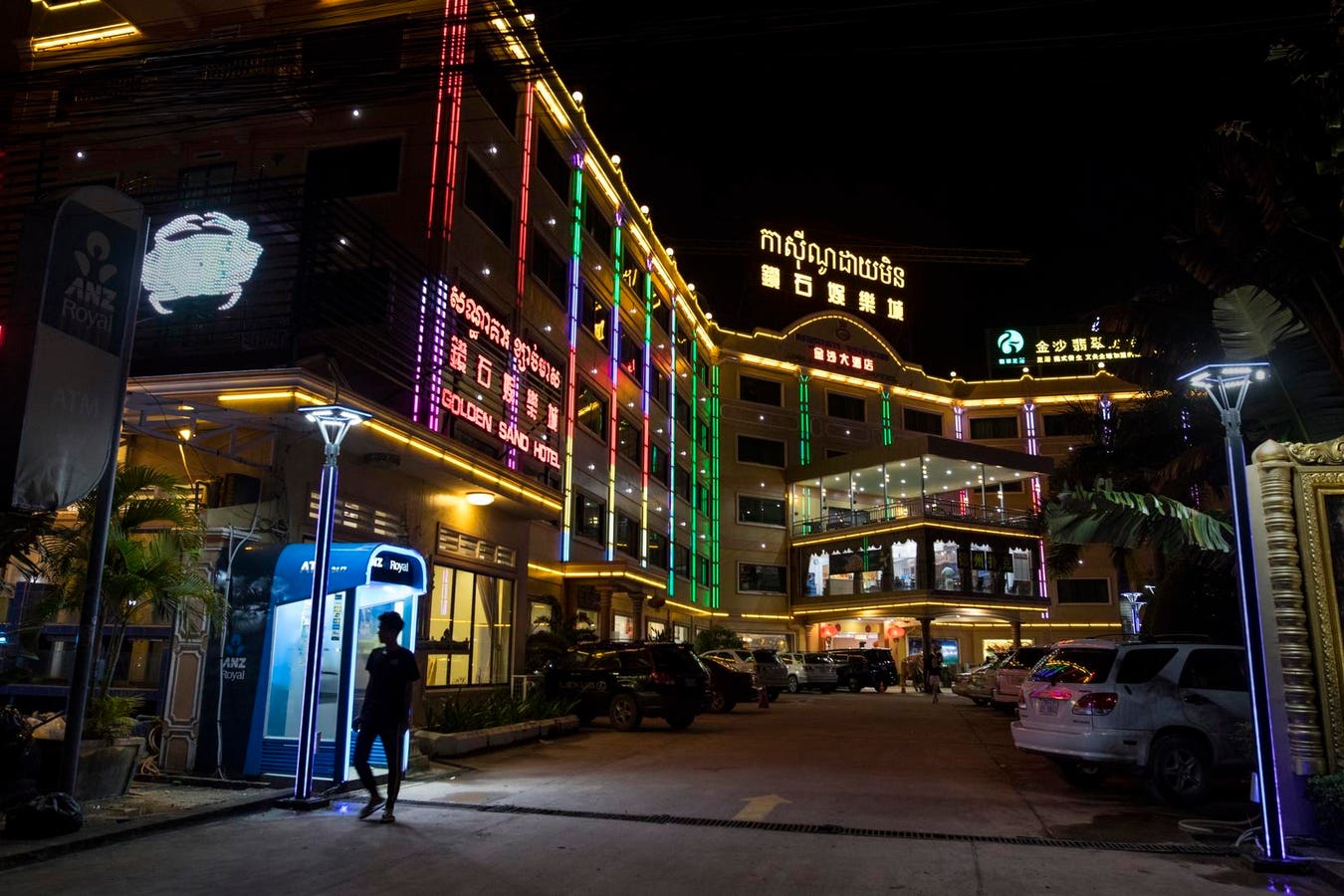
www.forbes.com

www.forbes.com

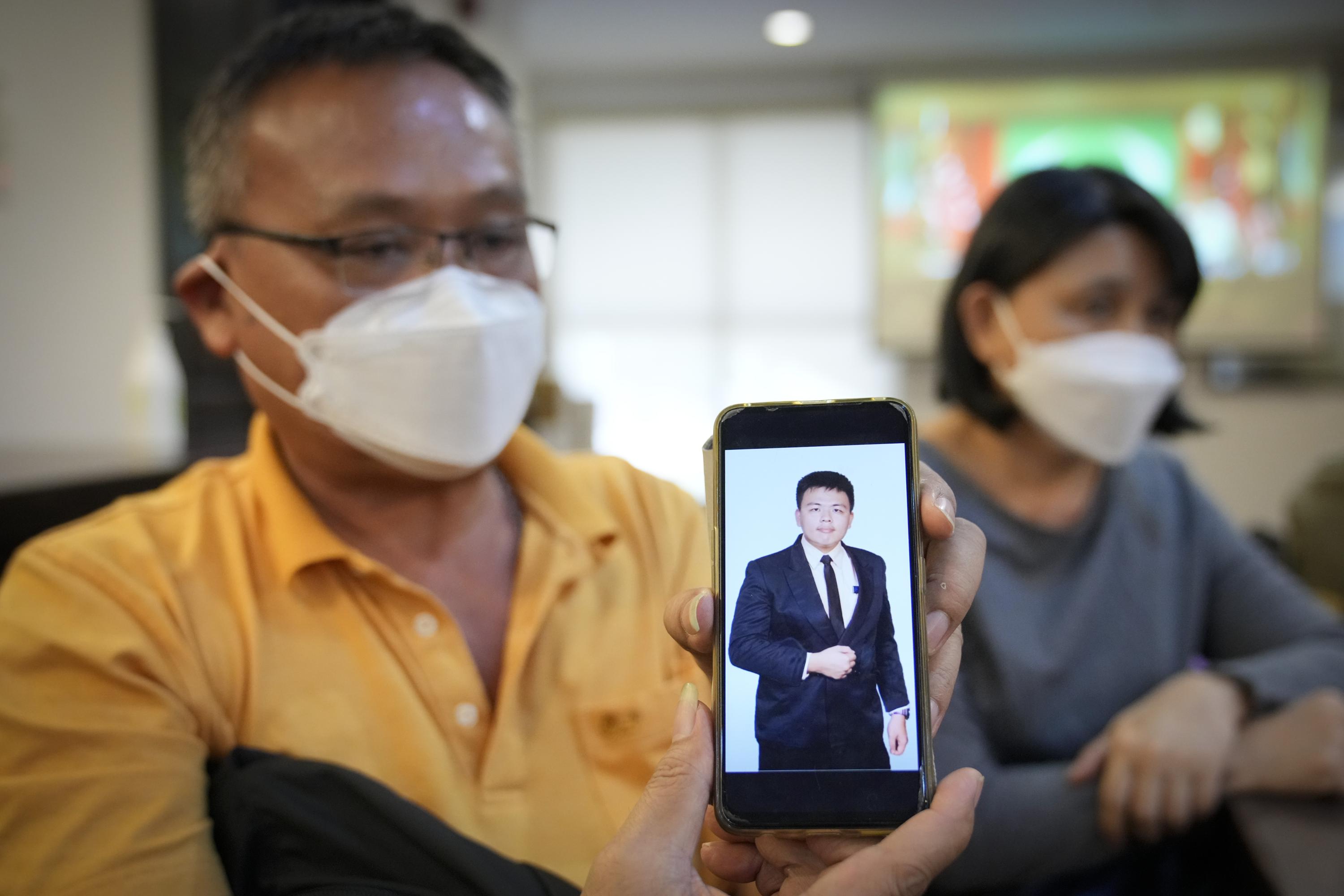
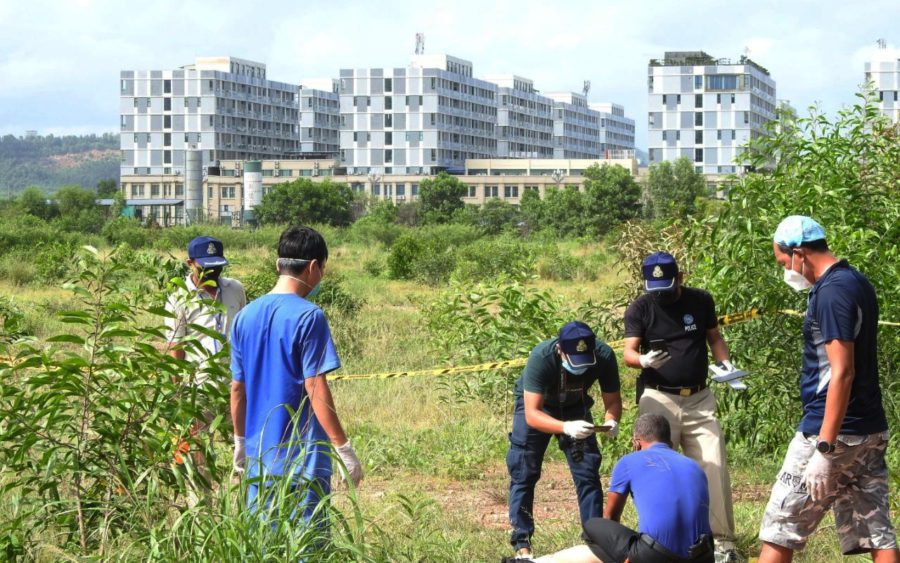

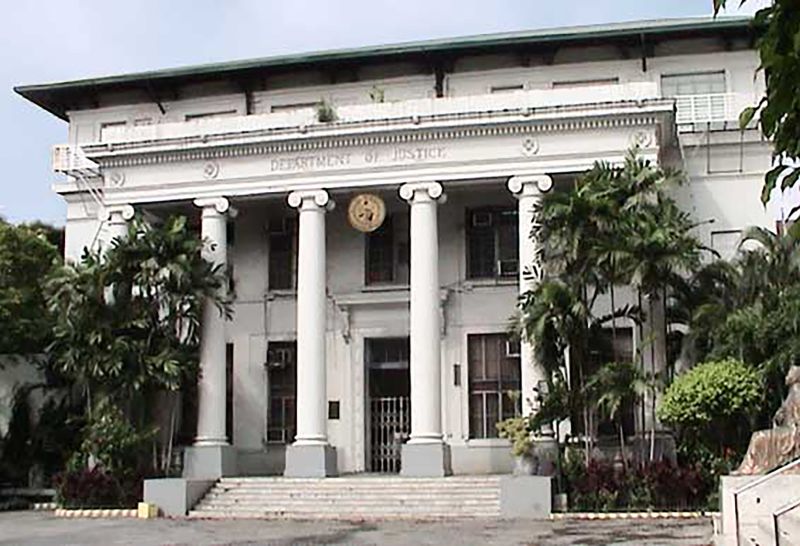
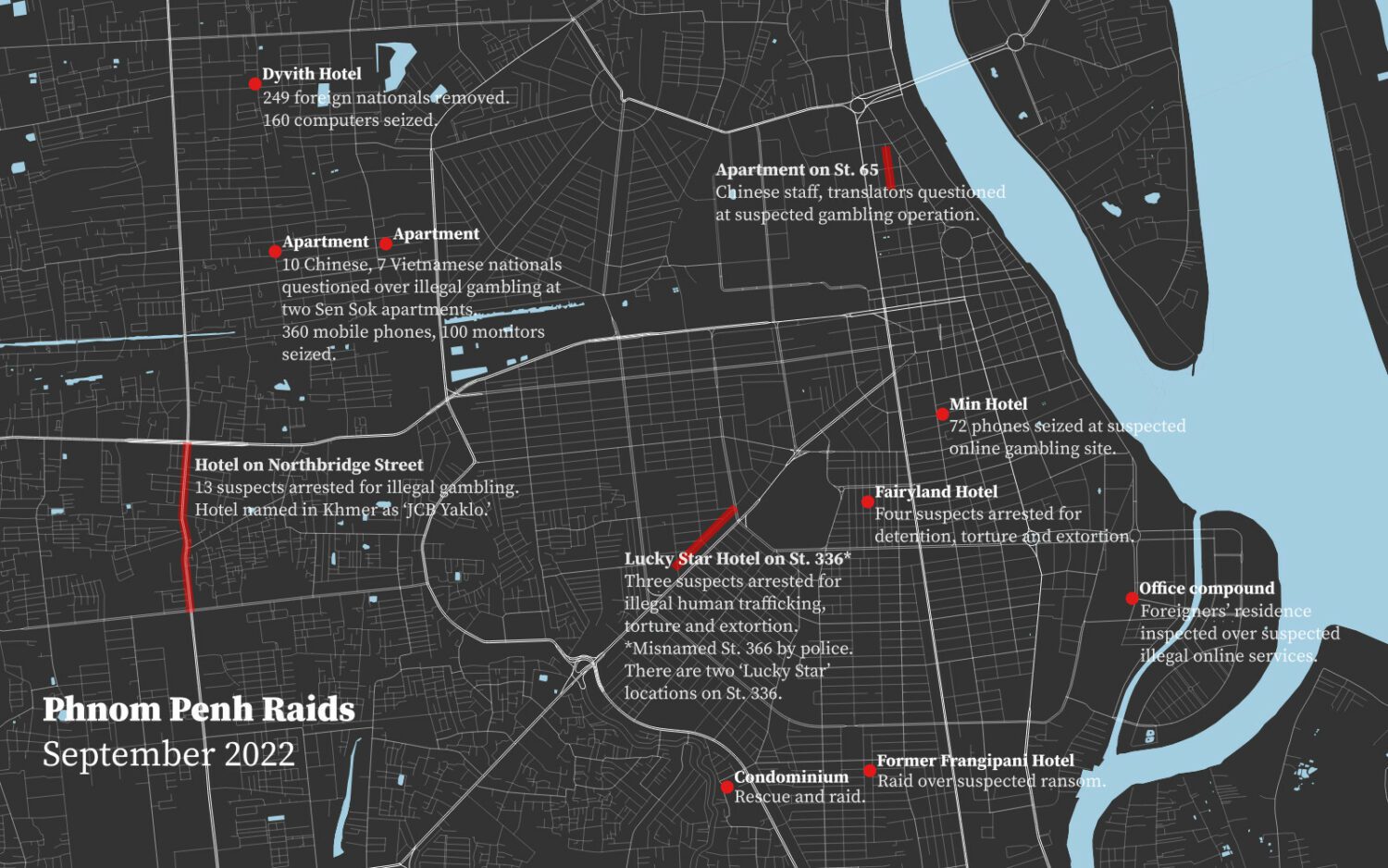
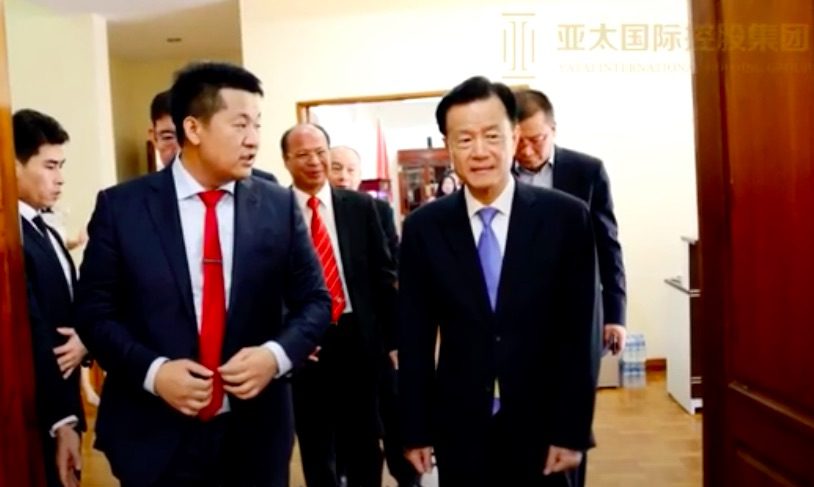
 www.caproasia.com
www.caproasia.com

